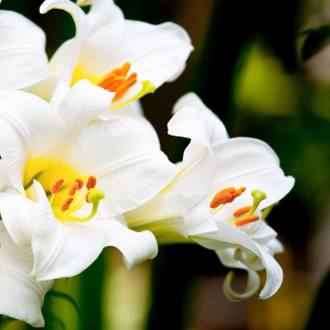Who arranges burial or cremation services?
Index
An average of 125,000 people die in Australia each year. About half choose cremation over burial, however this is increasing as crematoriums become more accessible.

Cremation is generally cheaper than burial – mainly because of the cost of the cemetery plot needed for burial – and in recent years cremation has steadily increased as the preferred choice, especially in metropolitan areas where crematoriums are readily accessible. The same funeral services are available for either cremation or burial. Funeral directors have full knowledge of state laws and health regulations that impact on cremations and burial. They will also arrange legal storage or disposal of the remains following cremation, such as scattering the ashes. If you have not yet decided, the crematorium may keep the ashes for up to six months for you.
It is important to state in your Will whether you would prefer cremation or burial. This should be clearly written and given to the person who will be responsible for your funeral when you die. These instructions are not binding in law, unless written in your Will, therefore make sure that the person you instruct is someone who will carry out your wishes. The final decision rests with the executor of your Will. The executor of the will or next of kin must fill out an application for cremation, and relevant authority forms for the crematorium. A funeral director can organise this for you. Some religions forbid cremation, such as Orthodox Jews and Muslims. But it is allowed by most Christian faiths, and is the preferred option for Sikhs, Hindus and Buddhists. A funeral director can arrange all spiritual services requested by the deceased person, for either cremation or burial.
